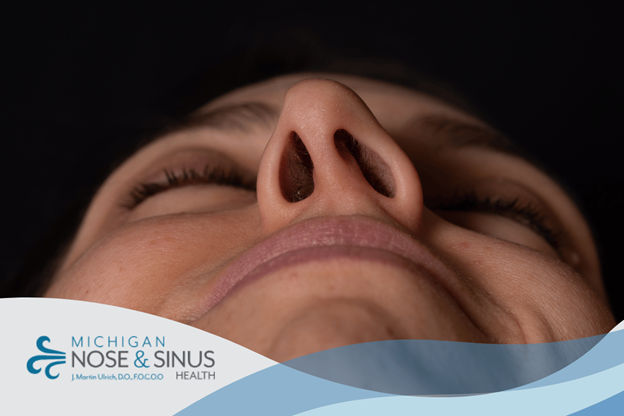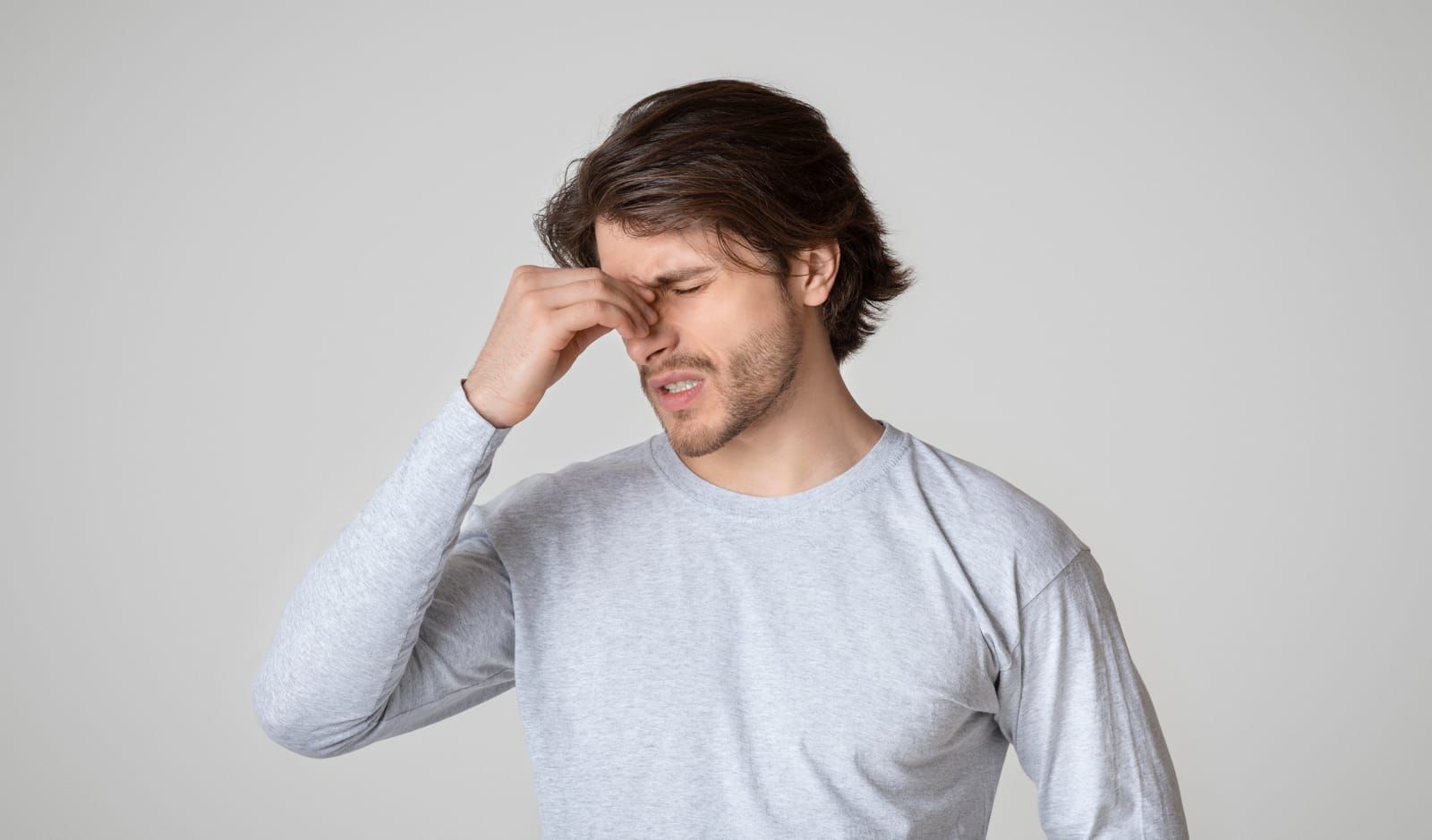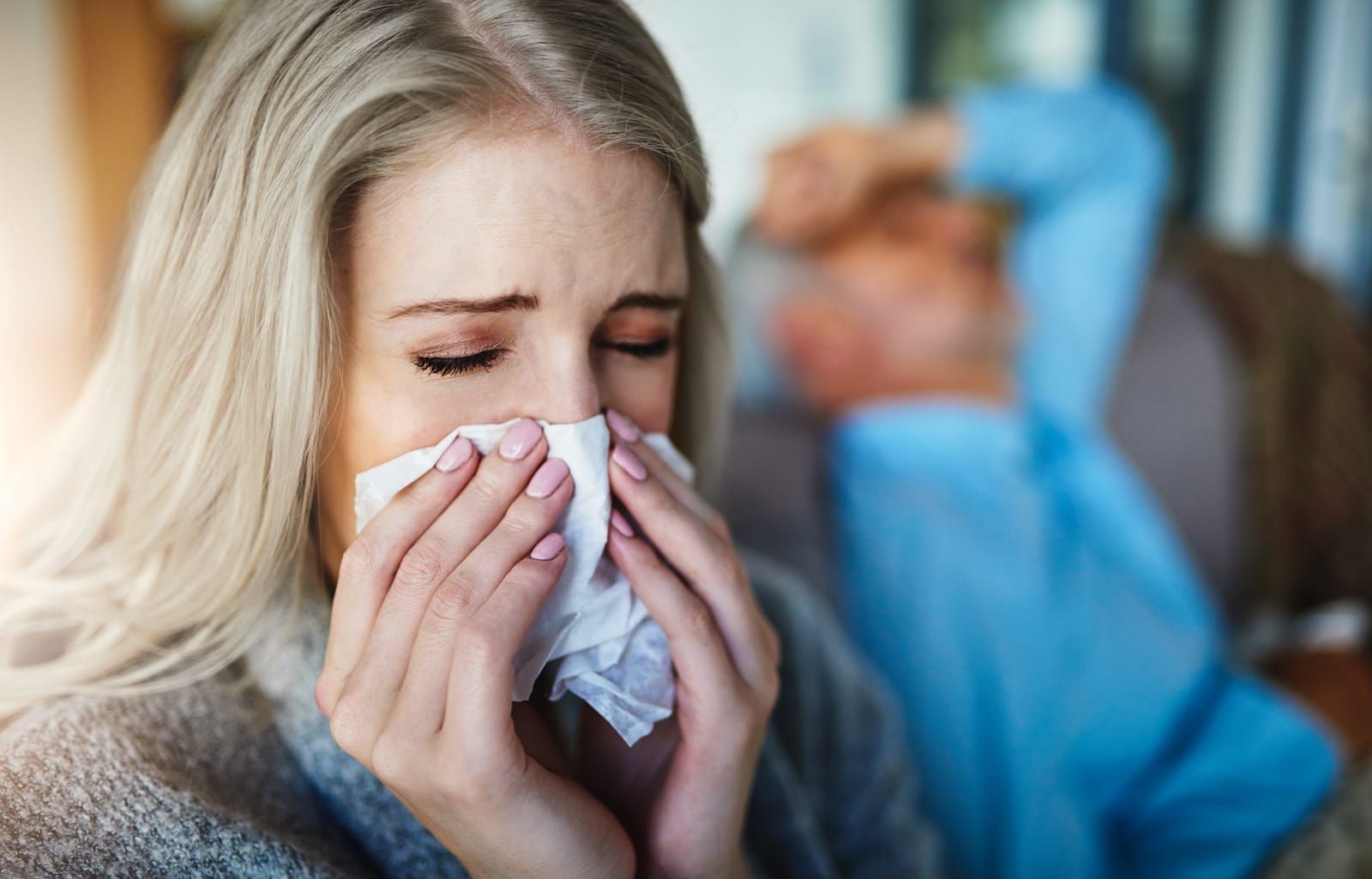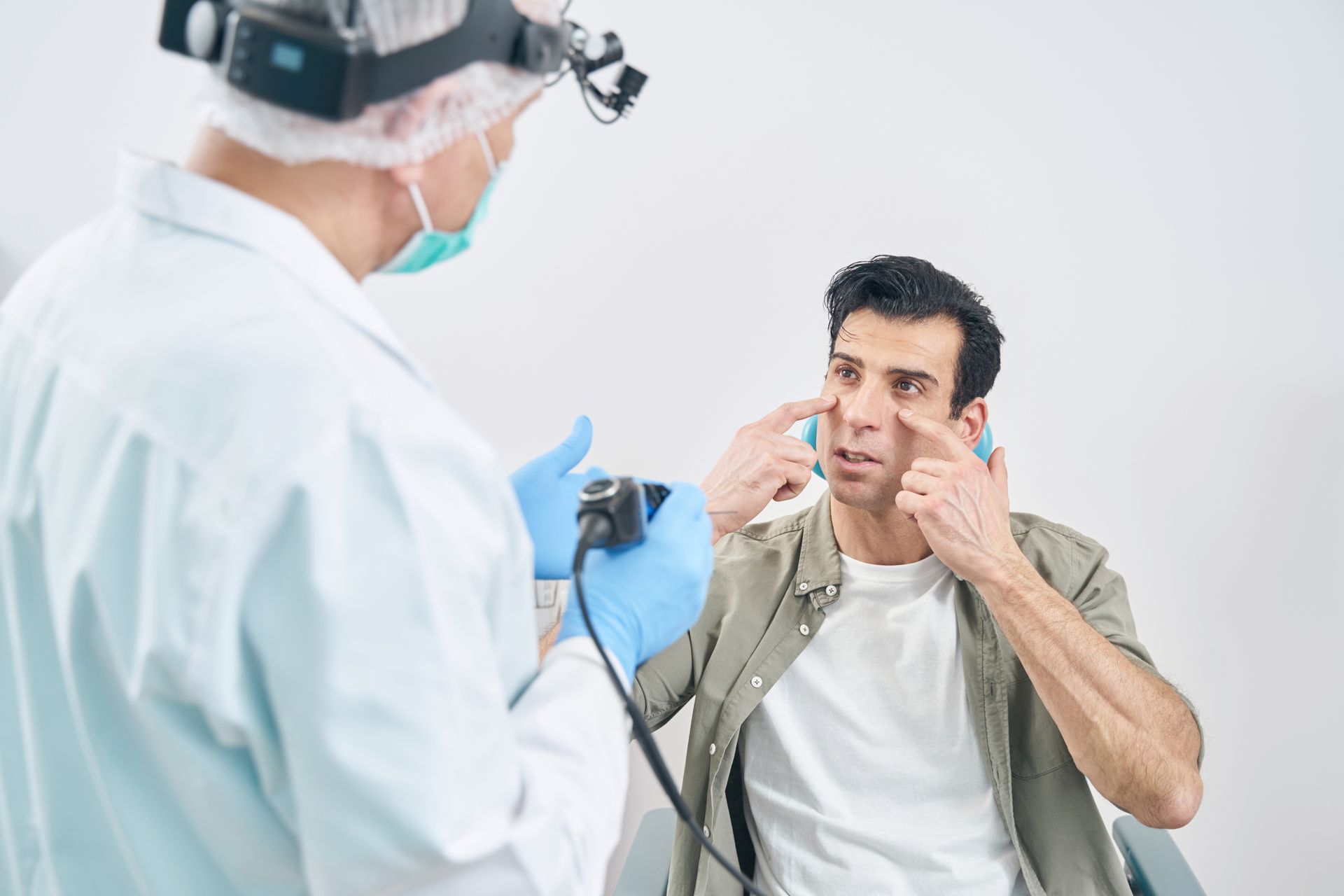How Can I Stop a Nosebleed Quickly?
Do you experience the occasional nosebleed? Or do they happen more frequently? Nosebleeds are rarely serious. In fact, only around 10% of the cases are severe enough to require medical care. But even mild ones can be uncomfortable or unpleasant.
So, how do you get a nosebleed to stop fast? We’ll provide you with tips on getting your nose to stop bleeding — and advice on what not to do!

What Causes Nosebleeds?
First, let’s explore why these happen. Your nose can start bleeding from one or both nostrils for many reasons. In most cases, nosebleeds can come from the front part of your nose. But rare cases involve bleeding from the back of it.
These can occur for different reasons, including:
- Dry air, such as in low-humidity environments or heated indoor areas
- Nose or facial injuries
- Foreign object in the nose
- Nasal lining inflammation from allergies or other causes
- Deviated septum
- Infections in the sinuses or upper respiratory system
- Nasal polyps
- Steroid nasal sprays
How to Stop Nosebleeds
When your nose starts bleeding, take these steps to get it to stop quickly:
- Sit up with your head leaning forward slightly to stop blood from going down your throat.
- Pinch your nostrils closed with your thumb and finger while breathing through your mouth.
- Continue pinching your nostrils for about 15 minutes.
- Check to see if the bleeding has stopped.
- If it hasn’t, pinch your nostrils for another 15 minutes.
- Seek care for nosebleeds that don’t stop after 30 minutes
Once the bleeding stops, don’t lift anything heavy for several hours, as this could cause it to start again.
What Not to Do for a Nosebleed
Now that you know what steps to take when these happen, here’s what you shouldn’t do:
- Don’t tilt your head back.
- Avoid swallowing blood.
- Don’t shove tissues or other materials up your nose to staunch bleeding.
- Avoid blowing your nose roughly once the bleeding stops.
Can You Prevent Nosebleeds?
Yes! Keeping the air in your home more humid can help lower your risk of having nosebleeds. Consider using a humidifier to do this. Even just having indoor plants around can help add moisture to the air.
A couple of other tips to try include the following:
- Use a non-prescription nasal saline spray every few hours during the day.
- Apply Vaseline or saline gel to the inside of your nose, especially the middle part.
When to Seek Help
Most nosebleeds don’t need medical care. But if you have heavy bleeding from the back of your nose, you should seek help as soon as you can. If you have frequent nosebleeds, seeing an ENT physician, like Dr. J. Martin Ulrich, can help you determine the cause and best course of treatment. For example, you might have a deviated septum corrected if it’s causing your nose to bleed often.
Find Treatment to Help Prevent Nosebleeds
Are you looking for ways to stop these from happening? Our ENT team at Michigan Nose and Sinus Health can help you find the right solution.






